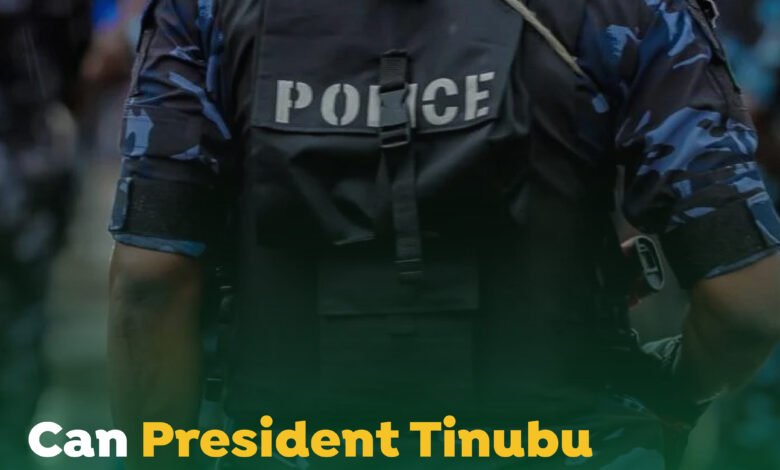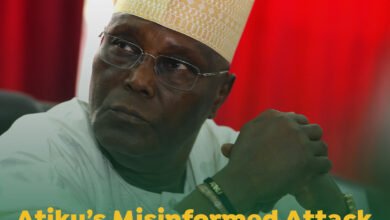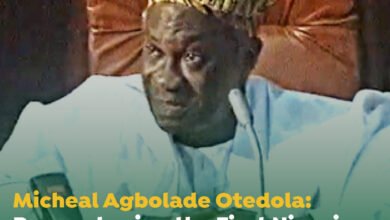
President Bola Tinubu has embarked on a bold mission to reform the Nigeria Police Force.
With a promise to transform the institution into a modern, professional, and accountable body, Tinubu’s administration is poised to tackle the longstanding challenges that have eroded public trust and undermined national security.
But can he succeed where his predecessors have failed?
National Police Day
Acknowledging the invaluable and remarkable works of the police, President Tinubu, on Monday, declared April 7 National Police Day during the maiden edition of the Nigeria Police Awards and Commendations ceremony.
The President also reiterated the commitment of his administration to revamping the force into “a modern, professional, and accountable institution that mirrors the aspirations and values” of his government.
In 2023, Tinubu took steps towards reform by directing the withdrawal of police officers attached to private citizens and charging the Nigeria Police Council (NPC) with conducting a comprehensive review of police reforms.
While the moves made so far by President Tinubu are commendable, the call for police reform has been ongoing for years, with previous efforts yielding little progress.
Despite numerous committees and reports, including those established by Tinubu’s predecessors, such as the Murtala Nyako (1989), General Abacha (1995), and Professor Tekena Tamuno (2002) reports, reform efforts have been met with resistance and inaction.
The immediate past president, Muhammadu Buhari, also set up a panel and signed the Nigeria Police Act 2020, but failed to implement it, according to security experts.
As a result, Nigerians continue to suffer from police brutality, extortion, corruption, and bribery, prompting the #EndSARS movement in 2020.
Of course, the police authority often described those perpetrators as “the black sheep of the Nigeria Police Force.”
Young Nigerians protested nationwide, demanding an end to police brutality and extortion, leading to the disbandment of the notorious Special Anti-Robbery Squad (SARS).
However, the proposed replacement, Special Weapons and Tactics (SWAT), was rejected by Nigerian youths who saw it as a covert attempt to revive SARS.
Beyond the surface
President Tinubu came on board to fix many anomalies in the country. Part of the anomalies was the scourge of insecurity. Hence, his resolve to reform the police, which he said would strengthen the security architecture in the country to combat increasing security problems.
His decision to transform the police and withdraw police personnel from private citizens who have turned them into mere servants who serve them food and help them carry bags at parties, among other slavery errands, has been described as a good policy by experts.
Experts suggest that the reform should encompass a review of the salaries of police personnel and professional training in line with modern policing. They also advise the government to provide them with drones, armoured vehicles, and tracking devices on operational vehicles.
Will Tinubu succeed in delivering the transformative change Nigerians yearn for? The answer depends on the combined efforts of the government, the police force itself, and the Nigerian people.





